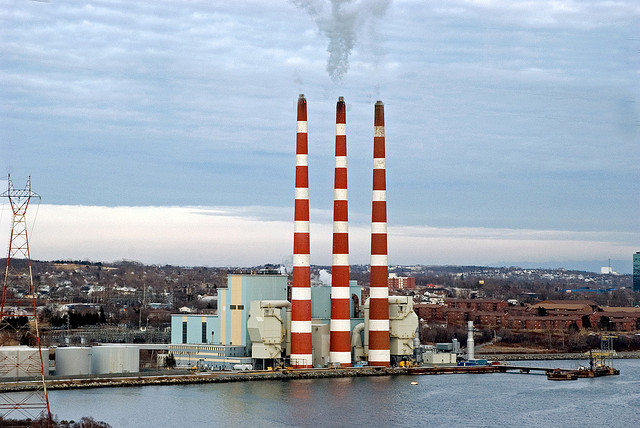Nova Scotia is now the national leader in cutting energy waste, thanks largely to Efficiency Nova Scotia, an innovative arm’s-length conservation utility financed by a charge on power bills, according to two national experts who reported in the Chronicle Herald on Wednesday.
This is great, obviously. But it’s still not enough. I’ve said this before and raised some hackles, as ENS is to some degree a political football (the Liberals, playing small politics, want its funding off the power bills), so let me elaborate.
Conservation is not part of the main energy debate in this province, which is: if not the Maritime Link, then what? More power from natural gas generation, more wind farms, more imports from elsewhere, maybe tidal power, biomass and whatnot.
Using less, or emphasizing those energy forms that conserve by nature — solar, small wind and, in context, natural gas straight to the home instead of in power plants — is not part of the big talk. And now, with an election looming, the argument threatens to degrade further into the political emotions of power rates, an old routine we can’t seem to shake.
Thus, my fear: ENS’s very success — whether or not it is entirely responsible for the recent decline in electricity use — is serving as a reason for our whole energy mindset to avoid the conservation issue. After all, if ENS is doing the job, and getting national plaudits besides, then it’s all beautifully in hand.
But ENS deals with making energy use more efficient. Let us not undervalue this important role. But it’s not the whole picture. It’s not the same as altering the governmental and utility policies that can really change the game.
As long as we don’t have both pistons going, we’re not there yet. As the Wednesday piece by Tim Weis of the Pembina Institute and Leslie Malone of ENE, both energy policy outfits, pointed out, we’re still way behind the leading jurisdictions in North America, which are Massachusetts and other New England states.
ENS alone won’t get us to that New England level. That will take structural changes. There, they have a regional power grid to begin with (can we even imagine that for the Maritimes?) and they’re working at saving money and energy by downgrading rather than upgrading that grid — that is, relieving it with conservation and local energy production, notably solar, small wind and small hydro.
Plus, they are extending domestic natural gas, which burns at some 95 per cent efficiency directly in the home or other buildings, compared to some 25 to 30 per cent when delivered as electricity from a gas-fired power plant. And their power utilities have targeted orders to reduce electricity use use year by year.
That is more than an application of efficiency. It’s a change in thinking that’s still far off here. Indeed, in some European countries, parts of Australia, and here and there elsewhere, solar energy (mostly from buildings generating their own power, heat and hot water) has attained “grid parity” — that is, it’s as cheap as the grid.
In those places, utilities are having problems because the reduction in use of the grid is making it more expensive to sustain. That’s a problem, but unless you’re at the point of having that problem, you’ve not yet made big progress. In New England, they seem to be dealing with it before it happens.
And here, of course, we have our political traditions, regardless of the NDP having supposedly overthrown the old order.
Conservation and local production (and we do have “feed-in tariffs” for that, but they seem to fit poorly into the big picture) don’t give a political rush like big deals. The jobs are spread and the economic — and political — advantages of using less are not always obvious.
And here’s another reason to put aside the small politics. What’s suddenly being described, after years of muddled denial, as “the new normal” — catastrophic storms, plus droughts resulting in unprecedented wildfires year after year as a result of climate change — is finally sinking in after many stops and starts.
The connection to our excessive energy use seems to be finally being made in the mind of a benighted public.
A couple of years ago, after one of those destructive strings of tornadoes in the U.S. south destroyed a bunch of communities, it was reported that there was anger against public authorities because people felt they had been lied to about climate change and its effects.
I expect this to be a more general attitude as reality increasingly hits home. Amid the wreckage of floods, hurricanes and what have you, small politics looks even smaller, and you can even look for politicians to blame. The time to come to grips with all this is now.
Ralph Surette is a freelance journalist living in Yarmouth County. This article was first published in the Chronicle Herald.
Photo: Property#1/flickr



